Your cart is currently empty!
Description
The Cossack revolution of 1648 redrew the map of Eastern Europe and established a new social and political order that endured until the early nineteenth century, with the full integration of Ukraine into imperial states. It was an era when Ukrainian Cossack statehood was established, when a country called Ukraine appeared for the first time on European maps, and new, diverse identities emerged.
Eighteenth-Century Ukraine provides an innovative reassessment of this crucial period in Ukrainian history and reflects recent developments in the study of eighteenth-century Ukrainian history. Written by a team of primarily Ukrainian historians, the volume covers a wide range of topics: social history, demographics, history of medicine, religious culture, education, symbolic geography, the transformation of collective identities, and political and historical thought. Special attention is paid to Ukrainian-Russian relations in the context of eighteenth-century Russian imperial unification.
Eighteenth-Century Ukraine is the most comprehensive guide to new visions of early-modern Ukrainian history.
This extensive over 650-page hardcover volume was co-published by McGill-Queen’s University Press and the Canadian Institute of Ukrainian Studies Press. It is volume 13 of the Peter Jacyk Centre for Ukrainian Historical Research Monograph Series. The book contains the following articles:
Introduction by Zenon E. Kohut, Volodymyr Sklokin, and Frank E. Sysyn
Part One: Cossack Autonomies and Their Demise
1 Ukraine on Seventeenth- And Eighteenth-Century Maps: From the “Wild Field” to the “Country of the Cossacks” by Kyrylo Halushko
2 In Search of “Ukraine” in the Russian Empire (End of Eighteenth and Early Nineteenth Centuries) by Volodymyr Kravchenko
3 From the “Russian Jerusalem” to the “Slavic Pompeii” by Oleksii Tolochko
4 Catherine II, Evdokim Shcherbinin, and the Abolition of Sloboda Ukraine’s Autonomy by Volodymyr Sklokin
5 “A Plague on Your Borders”: Disease Control and Administrative Reforms in Late Eighteenth-Century Ukraine by Oksana Mykhed
6 Formation of the Imperial Russia Bureaucratic Class in Steppe Ukraine in the Late Eighteenth Century by Oleksandr Pankieiev
7 Identities of Little Russian Society through the Prism of Napoleon’s Russian Campaign by Vadym Adadurov
Part Two: Society, Economy, and Demographics
8 Colonel of the Zaporozhian Host: The Right to Free Elections in Light of Cossack Traditions, Prescribed Regulations, and Political Realities by Viktor Horobets’
9 Military Reforms during the Hetmancy of Kyrylo Rozumovs’kyi, 1750–64 by Oleksii Sokyrko
10 “For Deliveries to Tsargrad and Other Neighboring States” (Kyiv Reiters in the Eighteenth Century) by Vadym Nazarenko
11 The Cossack Starshyna of Sloboda Ukraine in the Seventeenth–Eighteenth Centuries: The “Family Clan” and Attainment of Social Status by Volodymyr Masliychuk
12 Regimental Cities of the Hetmanate in the Second Half of the Eighteenth Century: Governance, Economy, Demography by Ihor Serdiuk
13 Population Distribution of the City of Poltava in the Second Half of the Eighteenth Century by Age, Sex, and Marital Status by Iurii Voloshyn
Part Three: Church, Culture, and Education
14 The Challenges of Unification and Disciplining Facing the Kyiv Orthodox Metropolitanate in the Eighteenth Century: The Case of Book Publishing by Maksym Iaremenko
15 The Uniate Church in Right-Bank Ukraine in the First Half of the Eighteenth Century: Paradoxes of Regional Adaptation by Ihor Skochylias
16 The Teaching of Philosophy at the Kyiv-Mohyla Academy at the End of the Seventeenth to Eighteenth Century by Mykola Symchych
17 Orthodox Colleges in the Russian Empire (Second Half of the Eighteenth to the Beginning of the Nineteenth Century): Between Traditions and Innovations by Liudmyla Posokhova
Part Four: Political and Historical Thought
18 “Rulers of the Fatherland”: The Hetmanate’s Cossack and Church Elite’s Concepts of the Nature, Representation, and Obligations of Authority (Up to the Beginning of the Eighteenth Century) by Natalia Iakovenko
19 Fatherland in Early Eighteenth-Century Ukrainian Political Culture by Frank E. Sysyn
20 The Development of a Little Russian Identity and Ukrainian Nation-Building by Zenon E. Kohut
21 Constitutio Medievalis: The Politics of Language and the Language of Politics in the 1710 Constitution by Gary Marker
22 “In the Name of the Beloved Fatherland”: The Loyalty and Treason of Ivan Mazepa by Serhii Plokhy
23 Cossack Historiography: A Vision of the Past and the Construction of Identities in the Hetmanate in the Seventeenth and Eighteenth Centuries by Andrii Bovgyria
Additional information
| Weight | 1.125 kg |
|---|---|
| Dimensions | 23 × 16 × 5 cm |
| Author | |
| Contributor(s) | Larysa Bilous |
| Format | Hardcover |
| ISBN | 978-0-2280-1699-1 |
| Language | English |
| Pages | xxii + 648 |
| Publisher | McGill-Queen’s University Press and the Canadian Institute of Ukrainian Studies Press |
| Year Published | 2023 |
Reviews
Only logged in customers who have purchased this product may leave a review.
You may also like…
-
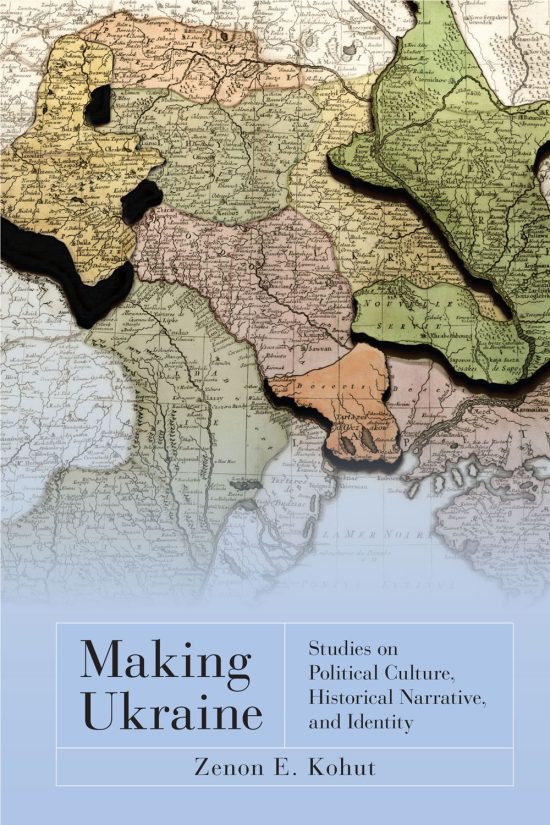
Making Ukraine: Studies on Political Culture, Historical Narrative, and Identity
Price range: $34.95 through $59.95 Select options This product has multiple variants. The options may be chosen on the product page -
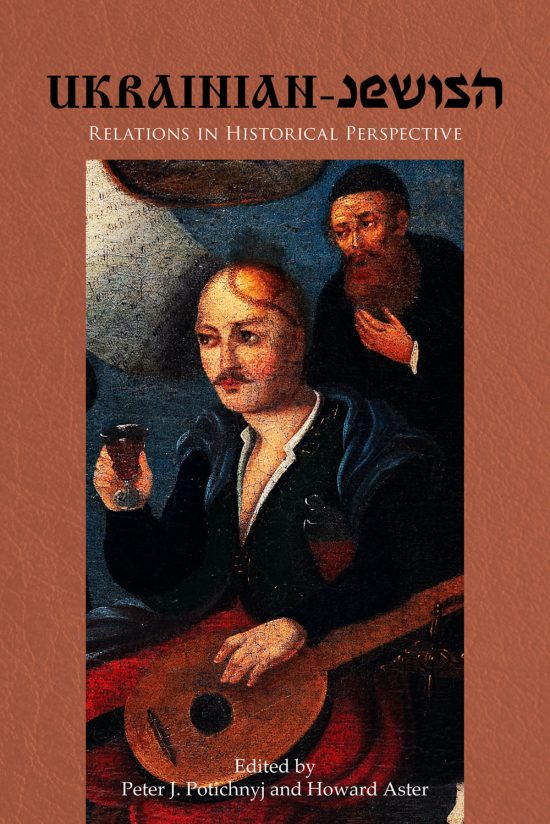
Ukrainian-Jewish Relations in Historical Perspective (Third Edition)
Price range: $39.95 through $69.95 Select options This product has multiple variants. The options may be chosen on the product page -
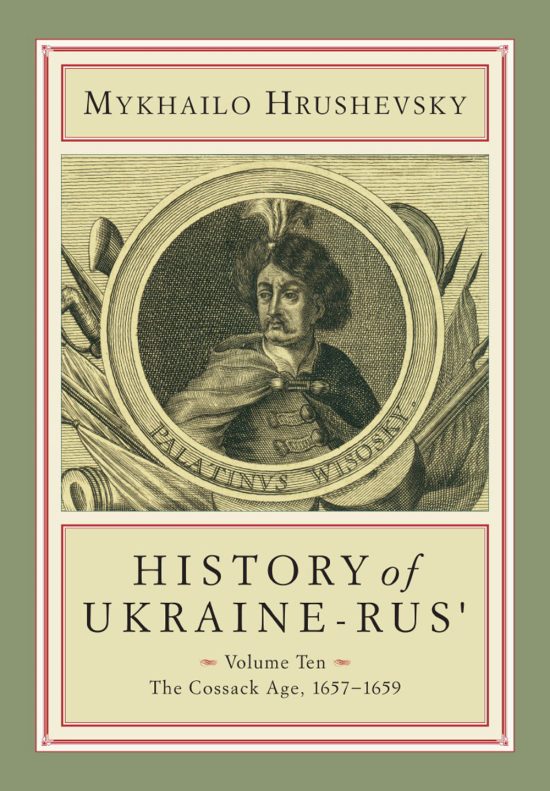
History of Ukraine-Rus’. Volume 10
$119.95 Add to cart -
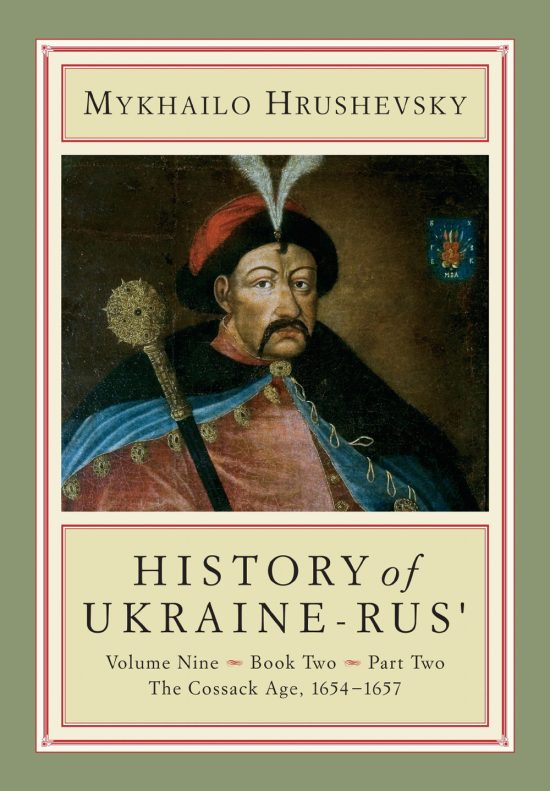
History of Ukraine-Rus’. Volume 9, book 2, part 2
$119.95 Add to cart -
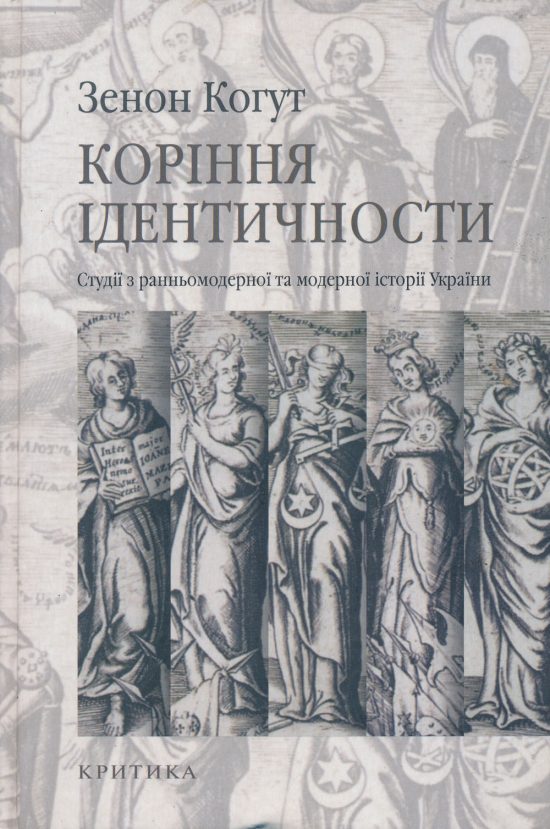
Коріння ідентичности: Студії з ранньомодерної та модерної історії України
Price range: $29.95 through $39.95 Select options This product has multiple variants. The options may be chosen on the product page -
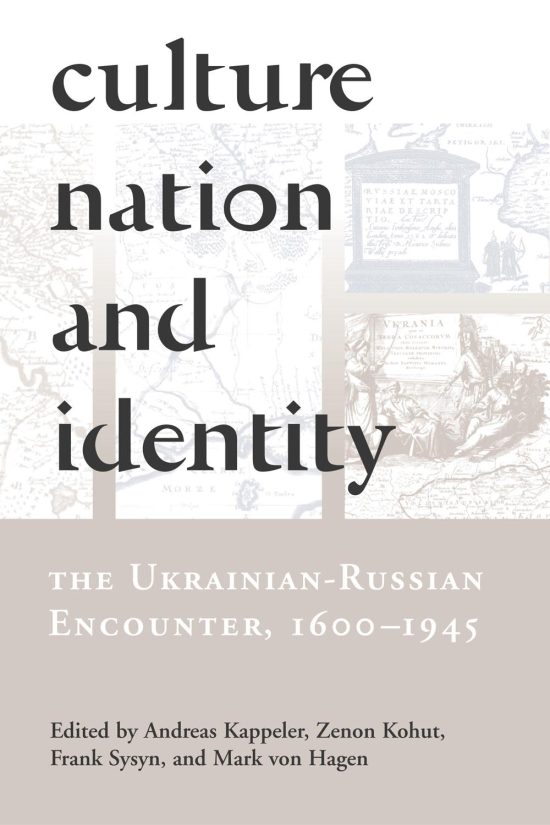
Culture, Nation and Identity: The Ukrainian-Russian Encounter (1600–1945)
Price range: $44.95 through $69.95 Select options This product has multiple variants. The options may be chosen on the product page -
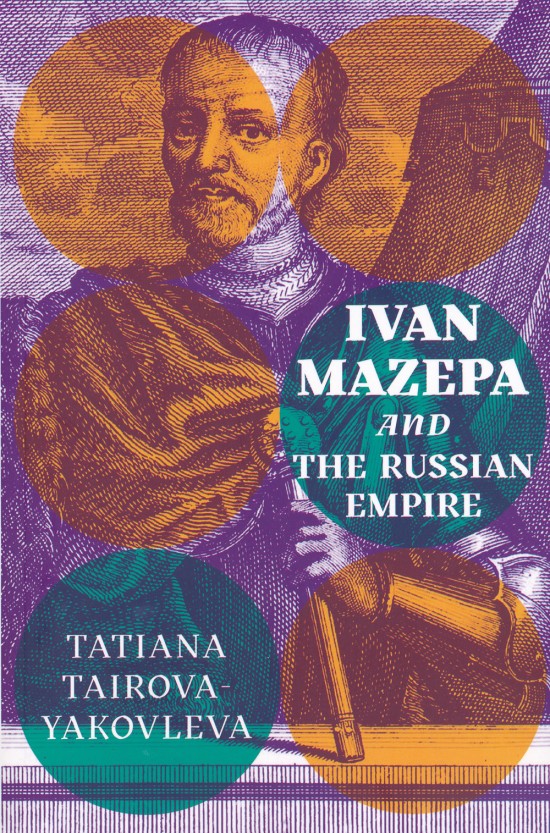
Ivan Mazepa and the Russian Empire
$49.95 Add to cart
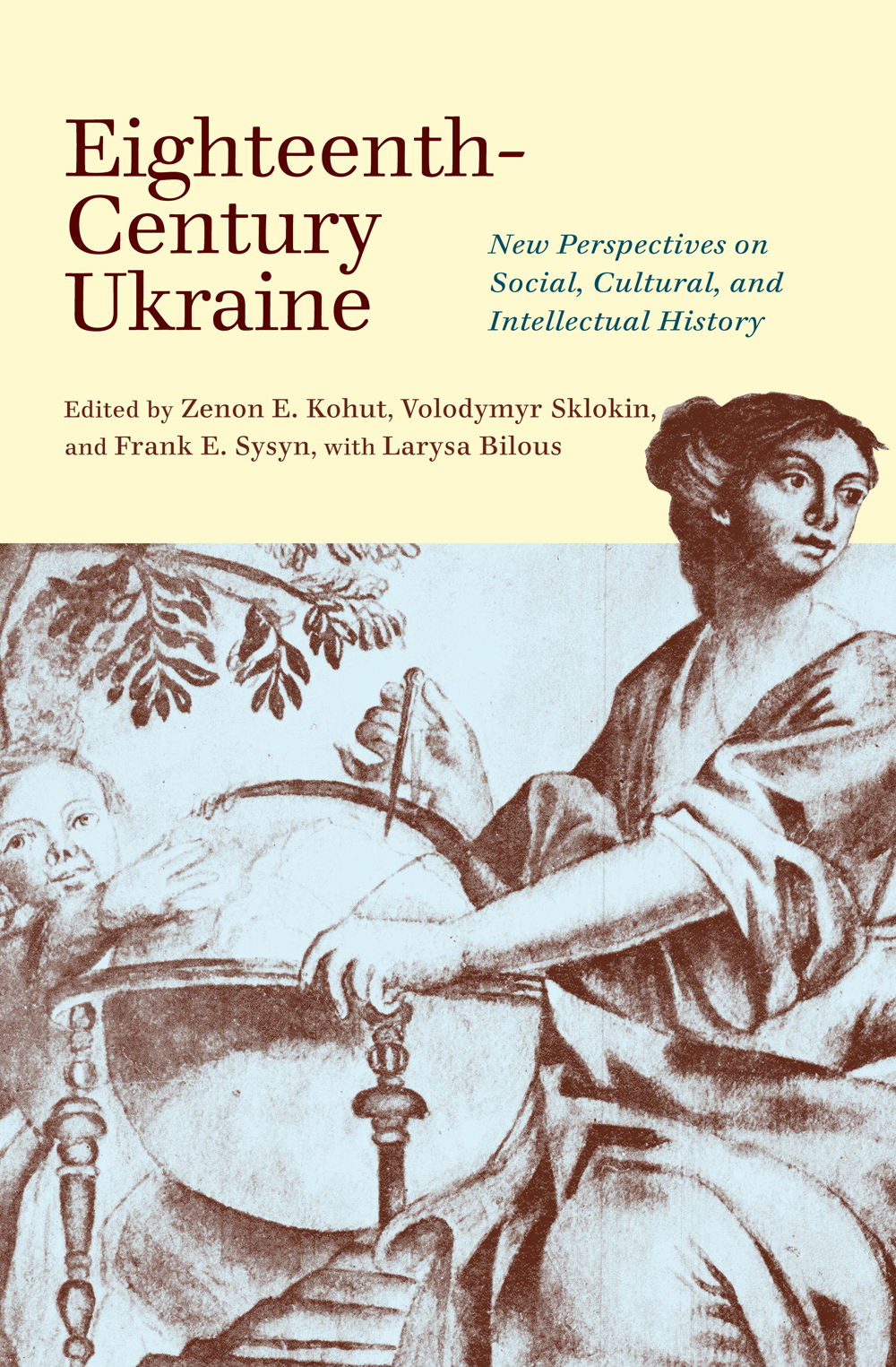
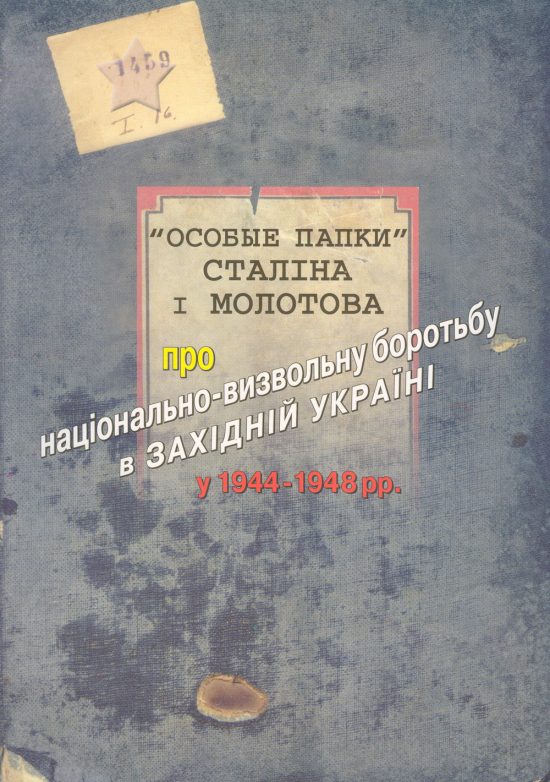
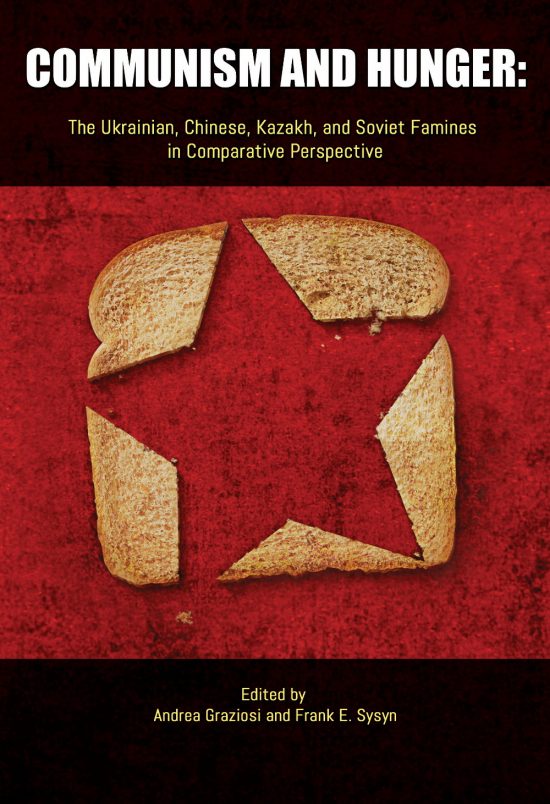
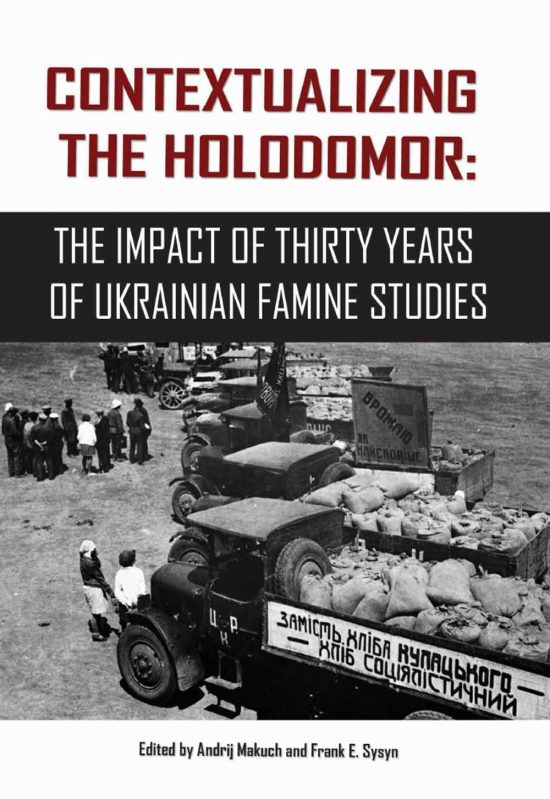
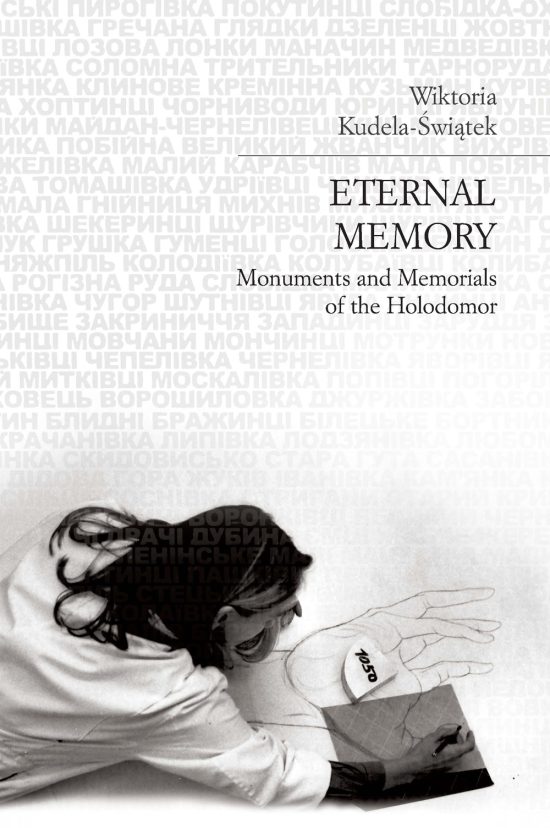
Marko R. Stech –
Barbara Skinner of Indiana State University published a review of this book in Вивлiоѳика: E-Journal of Eighteenth-Century Russian Studies, vol. 11 (2023), pp. 271-75.
Marko R. Stech –
Lucien Frary’s review of this book was published in Ab Imperio, vol. 25, no. 1 (2024), pp. 187-90.
Marko R. Stech –
Kateryna Dysa of the National University of Kyiv-Mohyla Academy published a review of this book in Eighteenth-Century Studies, vol. 57, no. 4 (2024), pp. 561-63.